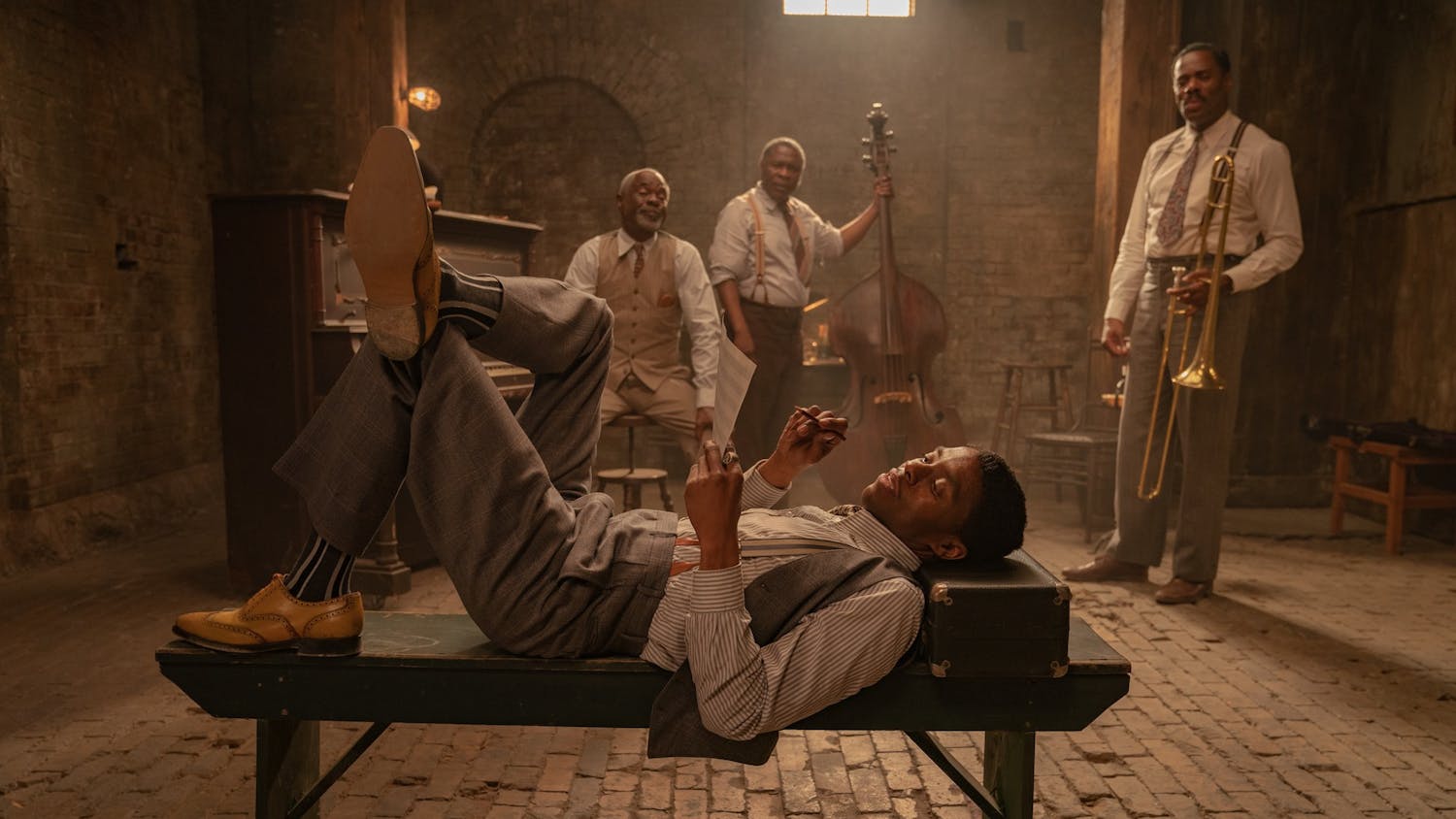This year’s Oscars ceremony was not a particularly exciting one. Everyone knew “The Artist” would win, whether it deserved to or not, and Billy Crystal’s solid, if lackluster, performance brought some stability back to the ceremony. There were no scandals, no inebriated hosts (cough, James Franco, cough), and only one upset: Meryl Streep’s win for “The Iron Lady.”
Now, Streep clinching a Best Actress award does not seem to be much of a surprise. She is, after all, the greatest actress of her generation, with two Oscars (three, including “Iron Lady”) and 17 nominations to boot. Streep is not a star, she is a legend. She can pull off any part, any accent and bring legitimacy to even the dumbest films (i.e., “Julie and Julia,” “Mamma Mia”). However, this should not have been her year. This year’s Best Actress award belonged to Viola Davis.
On the surface, Davis’s performance in “The Help” and Streep’s in “The Iron Lady” have a lot in common. They were both the stand-out components of two deeply flawed movies and both were nuanced takes on roles that could have easily become caricatures. Davis took on the role of Aibileen Clark, a grieving black maid in 1960s Mississippi widely and character criticized by some as a typical “Mammie” role. However, if “The Help” as a novel failed in its attempt at humanizing such a stock character, Davis, who played Aibileen with such depth, despair and hope, not only achieved it, but has the Screen Actor’s Guild award to prove it.
Streep also had a significant challenge in portraying polarizing former British Prime Minister Margaret Thatcher. Thatcher was so distinctive in her speech, style and take-no-prisoners political conviction that it would be hard for any actress to pull it off, but Streep certainly managed to do so. She did a truly excellent impression of Thatcher, but that’s about it. And while you can fault the script, which was full of anachronisms and dodged political issues for the sake of marketability, for not giving Streep enough to work with, the performance was neither her personal best nor better than Davis’s.
Why Streep won is really just a matter of Academy politics. Conventional wisdom was that Davis would win because of her SAG award, but Streep had several factors working in her favor. She has gone three decades without a win, and so perhaps the Academy thought she was due one. And unlike the Screen Actors Guild, which represents a wide array of ethnicities and age groups, the Academy is a select group of several thousand guys, most of whom have an AARP card. A study by the Los Angeles Times shows that the Oscar voting block has a median age of 62, only 14 percent of the voters are under 50, and less than a quarter of voters are women. It makes sense that an older, less diverse voting block would go for a more traditionally acclaimed actress in a biopic of a well-known politician. It is just a shame that the demographics of the Academy are not more reflective of the industry or film-going audiences.
Perhaps this whole debacle shows that you cannot place too much emphasis on such an arbitrary award. “The Iron Lady” will likely become just another so-so political biopic, while “The Help” will continue to be a fan favorite. I have no doubt that Davis will get her Oscar some day and that Streep will win again for a truly deserving performance, but it would have been gratifying, for Davis and her fans, to see her bring home the statue.






